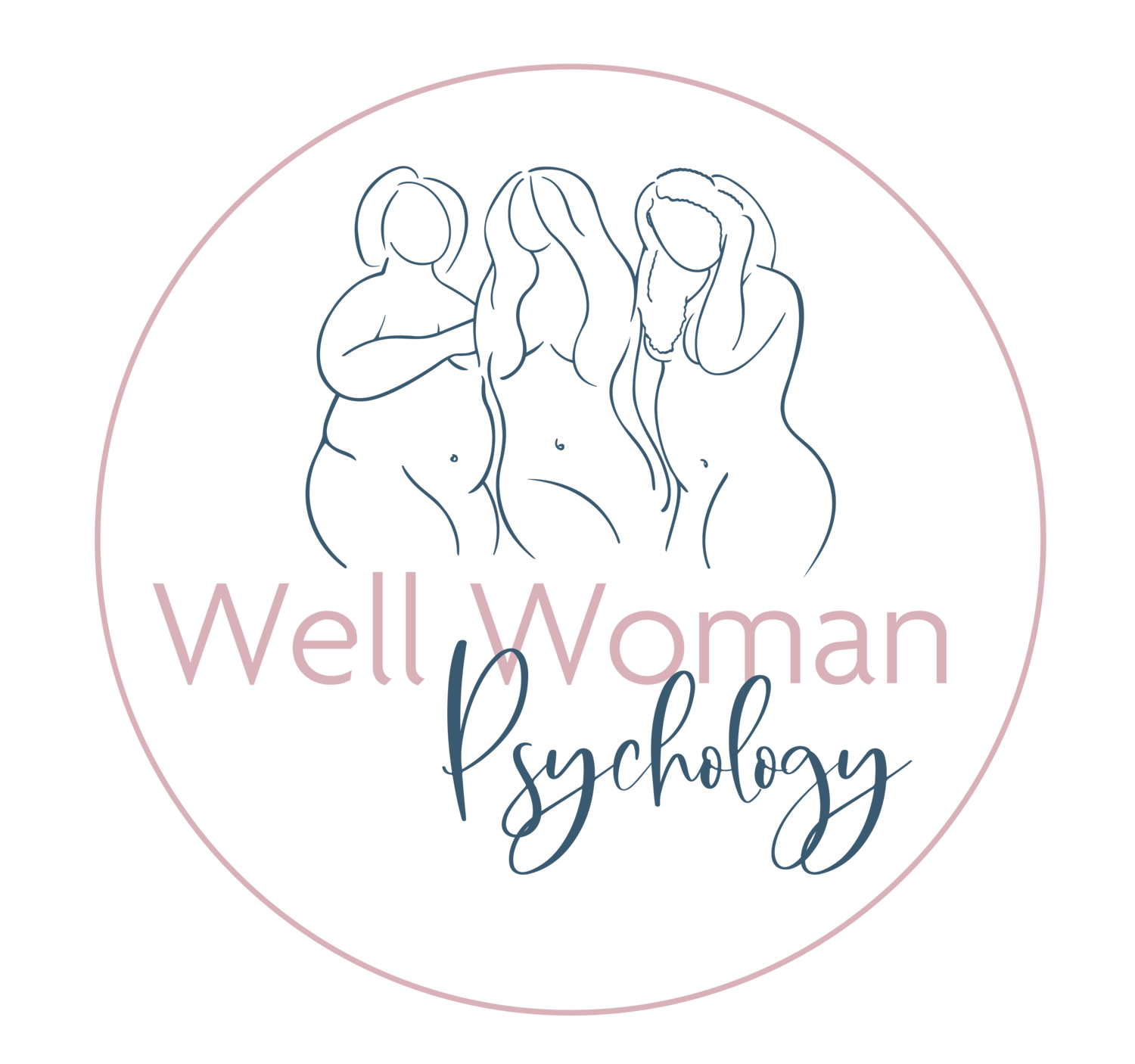Pregnancy and New Moms
You’re pregnant - congratulations!
Pregnancy is both a wild ride and a condition of elevated risk for women and pregnant people in terms of mental health. Hormones run wild, your body changes every day, and emotions are often charged. There is a lot to do to get ready! It’s even a challenge to wrap your mind around the reality that a miraculous life is growing inside of you.
Pregnancy can impact mental health in a variety of ways
Every pregnancy is different. And every baby is different. Therefore, each parent’s journey is unique. However, it is always a life changing experience. Therefore, you can expect some impact on your mental wellness. Some people love being pregnant, some people hate it, some pregnancies are easy, some are extremely difficult and even traumatic. All of it is normal.
Anxiety & Depression
If you have experienced anxiety or depression before pregnancy, it’s possible that these symptoms might be exacerbated with all the biological, social, and emotional changes you will experience throughout.
Psychiatric Medication Changes
If you discontinued psychiatric medication due to pregnancy, that may also impact your mood levels during pregnancy.
Trauma Reminders
If you are a trauma survivor, especially childhood trauma, sometimes the prospect of having a baby who themselves could experience trauma one day can be very triggering. It can drudge up visceral memories of your own trauma.
Stressful Complications
If you suffer pregnancy complications, such as preeclampsia, gestational diabetes, or problems with the placenta, or encounter medical racism, anti-fat bias, or ablism from your providers, your stress levels may rise significantly during pregnancy.
Body Image & Pregnancy
If you have body image issues, pregnancy can be a minefield, bringing up a lot of intense internalized fatphobia. Pregnancy care can often be stigmatizing with frequent weigh-ins. Often, people seem to lose all sense of boundaries around pregnant women, commenting about the expectant mother’s body and touching her belly unsolicited.
Pregnancy is a beautiful, special time, but a challenging one. You deserve compassionate support from a therapist who is familiar with the challenges of pregnancy, giving you space to air your feelings without judgment.
Postpartum Support
Perinatal:
- from time you are pregnant up to one year after birth (includes postpartum period).
Postpartum:
- from birth up to one year post-delivery.
Mental Health Concerns Are Typical in Postpartum Moms & Parents
15-20% of new mothers and parents who have just given birth experience postpartum mental health issues such as anxiety, depression, or PTSD. Many feel shame about these difficulties and may blame themselves, even feeling like they should not be a parent. Experiencing postpartum mental health issues does not mean you are a bad parent. It is not your fault, and it is treatable. Working with a therapist experienced in postpartum mental health can reverse symptoms and help you recover.

Postpartum Anxiety
Postpartum anxiety shows itself with the following symptoms:
Constant fear of something bad happening, especially something happening to baby
Inability to relax
Constant worry or dread
Racing thoughts
Drastic changes in sleep and/or appetite
Dizziness, nausea, or shaking
6% of pregnant women and 10% of women experience postpartum anxiety.
Postpartum Panic Disorder
Postpartum Panic Disorder shows itself in acute bouts of anxiety, including:
Shortness of breath
Heart palpitations
Dizziness
Numbness or tingling
Chest pain
Though in the moment you may fear you are having a heart attack, a panic attack cannot harm you. It will pass without any permanent damage.
Postpartum Depression
Postpartum depression can leave new parents feeling guilty and alone. Symptoms of postpartum depression include:
Anger or irritability
Difficulty bonding with your baby
Excessive crying
Persistent sadness
Changes in appetite or sleep
Shame/guilt
Hopelessness
Difficulty enjoying things you used to
Thoughts of hurting yourself or your baby
Studies show that between 10-14% of new moms experience postpartum depression. Unfortunately, even this is likely undercounted with one study finding as many as half of the moms experiencing postpartum depression aren’t diagnosed.
Postpartum PTSD
Postpartum PTSD is specifically related to having experienced trauma in pregnancy, birth, or the postpartum period. This could be emergency C-sections, a premature delivery, or any type of severe complication.
Mothers who have previously experienced trauma are at higher risk.
Postpartum PTSD Symptoms include:
Feeling constantly on edge (hypervigilance)
Intrusive and upsetting memories of the trauma
Nightmares or flashbacks
Avoidance of anything that reminds you of trauma
Feeling numb or distant
Irritability
Anxiety
Guilt / shame
Difficulty sleeping
9% of all women experience Postpartum PTSD.
Postpartum PTSD Risk Factors
Risk factors for perinatal/postpartum mental health issues mentioned above include:
History of anxiety
Depression
Thyroid imbalance
Financial stress
Lack of support in caring for baby
Relationship stress
Mothers who have multiples or go through infertility treatment
Complications in birth
Pregnancy or feeding
Premenstrual Dysphoric Disorder (PMDD) or PMS
A baby in the NICU (neonatal intensive care unit)
Diabetes (Type 1, 2, or gestational
All of these postpartum mental health challenges are treatable and they are not your fault. A postpartum therapist specializing in maternal mental health can help. You deserve support to overcome them, for yourself and for baby.
(Postpartum OCD and postpartum psychosis are their own conditions, however I do not treat these.)
Pregnant or Postpartum & Looking for therapy?
As a psychologist near Los Angeles specializing in women’s mental health, I frequently work with pregnant and postpartum moms. I founded Well Woman Psychology to support you. No matter where you are in your parenting journey, I’m here to help. If you are ready to get the support you need to be the parent you want to be, start with these steps:
Contact us for a consultation at Well Woman Psychology
Meet with your psychologist
Start getting the support you need
Mental Health Services for Women in Los Angeles, CA
At Well Woman Psychology, I believe every woman deserves support. Therefore, I specialize in supporting women in their journey to mental wellness whatever obstacles they may be facing. That is why I offer a wide range of therapy and counseling services including therapy for body image issues, sex therapy, EMDR therapy, and individual relationship therapy. Furthermore, as a therapist for women, I also specialize in services to support your women’s health issues including therapy for miscarriage and infertility. All of my services are offered throughout the state of California with online therapy. As well as throughout Illinois, New York, and Washington,



